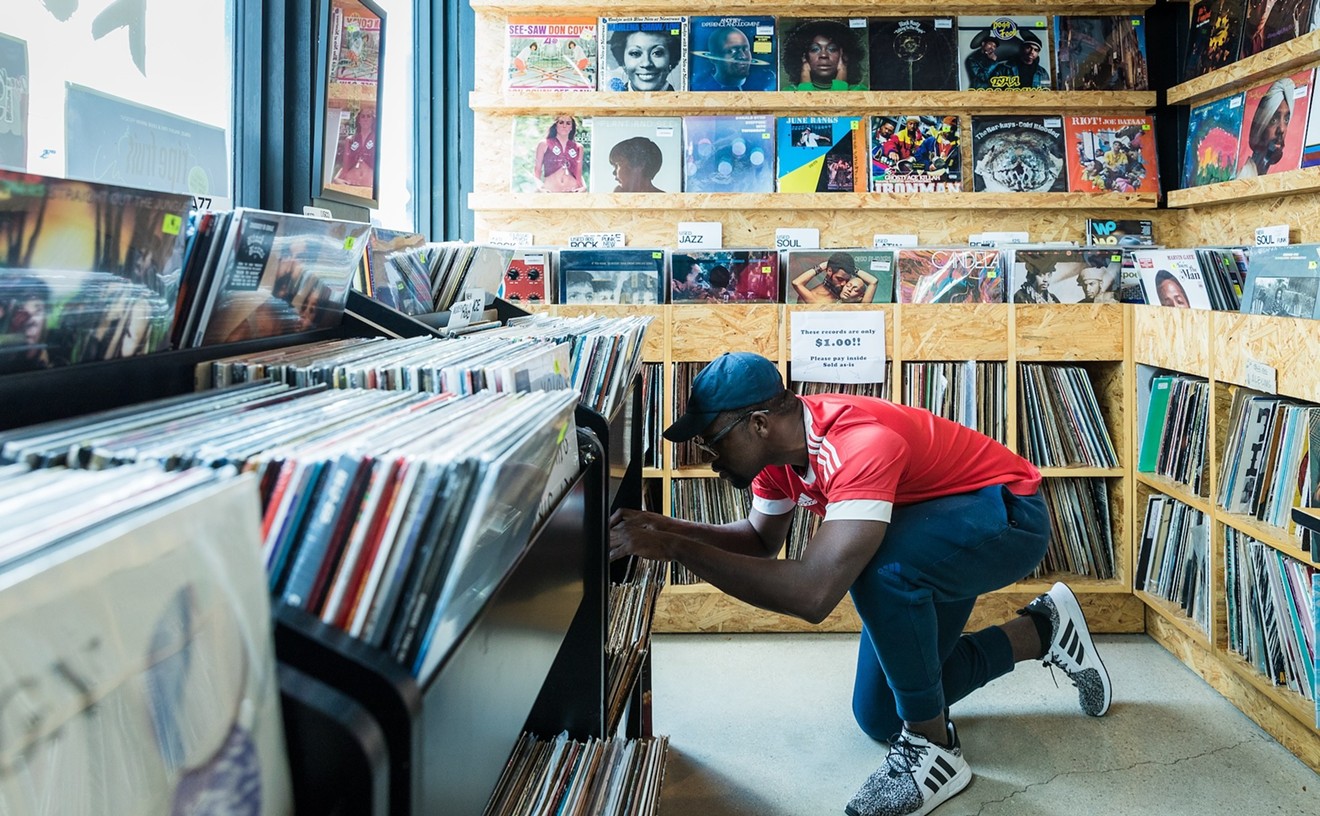Too Much Fun
(Rounder)
Some words of warning: If your idea of great '60s folk music is Peter, Paul, & Mary; if you have issues with the vision of gray-haired hippies partying like it's 1969; or if you have any aversion to whooping and hollering; you should stay far away from the new Holy Modal Rounders CD. Thirty-five years after their first record came out, the original HMRs, Peter Stampfel and Steve Weber, have reappeared with a disc that manages to recapture much of the magic of their early work. They may not have weathered the years completely unscathed, but then, these guys were pretty damaged to begin with.
In the early '60s, the HMRs, along with the Fugs (though technically Stampfel and Weber were also Fugs), were part of a music community in New York City's Lower East Side that differed sharply from the more famous West Village coffeehouse folk scene. While the coffeehouses nurtured talents such as Bob Dylan who embraced leftist political causes and crafted poetic songs based on folk and blues sources, across town in places like the Peace Eye Bookstore, poverty-stricken, amphetamine-gobbling freaks were banging on guitars and fiddles and howling at the moon. In Stampfel and Weber's cases, the howling eventually managed to sound a lot like songs from Harry Smith's Anthology of American Folk Music, which, like Dylan, they worshiped.
Unlike the Sing Out folkies, however, the Rounders also worshiped '50s rock and roll, R&B, and country. And even though they played fiddles and mandolins and drew from many of the same sources that mainstream folk players did, the Rounders played with rock and roll's preference for energy and directness over polish. (Similar desires were also at play with Dylan's break from the purist Village milieu.) They gravitated toward the woolier, less virtuosic edges of the folk spectrum: more Uncle Dave Macon than Dock Boggs. And their music was as unvarnished as it gets.
It still is. They've even re-recorded some of the same songs they did for Prestige back in the old days. And they still sound amazing; if anything they're even wilder than they were in 1963, playing with even more confidence and, in relative terms, polish. But this is not to say they've cleaned up their act. On many of the songs on Too Much Fun, Weber starts to literally wail, and it's something to hear. Uninhibited expression of a lust for life is one of those things that never gets old, and the Holy Modal Rounders' music is a pure example of unadulterated joy (okay, possibly adulterated with heavy substance use). The title of the CD is incredibly apt: These guys sound as though they're having a sheer blast pouring their hearts out. It's like watching some bizarre hippie relatives your parents never told you about emerge from a cabin in the woods and bounce you on their knees for 45 minutes while doing Daffy Duck imitations. That's no exaggeration. These guys should be on a stamp. --Ted Reichman
Marcelo Zarvos
Labyrinths
(MA Recordings)
Sometimes the best world-music albums are the most subtle. Such is the case with Brazilian pianist Marcelo Zarvos's new disc Labyrinths, an impossible-to-categorize outing that incorporates jazz, classical chamber music, and Brazilian and African rhythms, all with phenomenal ease. Zarvos has released one other album, a duet recording with soprano saxophonist Peter Epstein aptly titled Duets, and has been a regular at downtown New York City clubs like the Knitting Factory for the past couple of years. Adding to that polyglot, Zarvos's music has been termed "Brazilian chamber jazz," which really means Labyrinths is that rare musical release that record-store clerks may have difficulty filing. It's tempting to label it Brazilian, since in addition to Zarvos's nationality (he's of Greek descent but was born and raised in São Paolo), Labyrinths lets a gentle samba rhythm bubble to the surface here, a strain of berimbau and bossa nova guitar there. But the eight tunes on Labyrinths have a formal structure that marks them closer to classical sounds, while the live quintet setting of Zarvos's piano, Epstein's soprano, Dorothy Lawson's cello, and Mauro Refosco and Brasa Pereira's percussion leaves plenty of room for jazzlike improvisation. But it wouldn't fit squarely in those bins either, because Zarvos's real achievement is in using the array of styles he flirts with on Labyrinths as springboards for his own personal vision. Thus the opening berimbau on "Rondo Baião" isn't there for atmospheric effect; rather it sets up the thrilling baião rhythm that underpins the rest of the piece. Likewise the samba and African rhythms on "Ghost Child" propel a beautiful theme that unfolds in classical sonata form. It isn't that Zarvos can't compose within a given style: "Chance Meeting (to B.G.)" is a classic bossa nova gem, with an achingly beautiful melody worthy of Brazilian jazz master Antonio Carlos Jobim (perhaps not coincidentally, since Zarvos studied classical composition with H.J.Koellreutter, the German composer who also taught Jobim). And Romero Lubambo (who is usually heard in the Trio Da Paz and guests here on two tracks) provides nylon-stringed guitar accompaniment that recalls João Gilberto. But Zarvos has more ambitious aims, as evidenced by the fact that the disc's title was inspired by the writings of Argentine poet Jorge Luis Borges. It would be a shame if Zarvos's lofty vision dooms him to a negative-crossover land (too jazzy and Brazilian for classical music listeners, too structured for jazz-heads, too everything for Brazilian music fans), because Labyrinths is an unqualified success, full of intricate music that defines and occupies its own niche. --Ezra Gale










